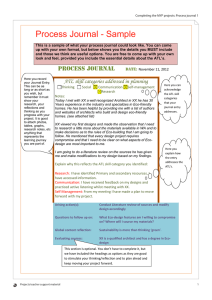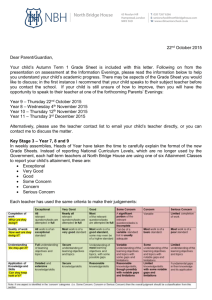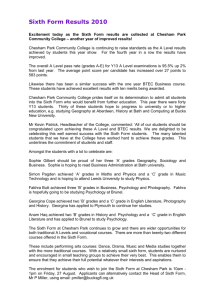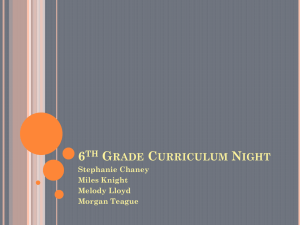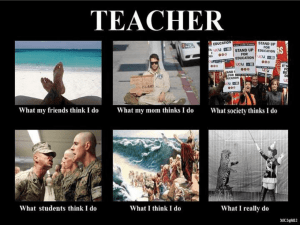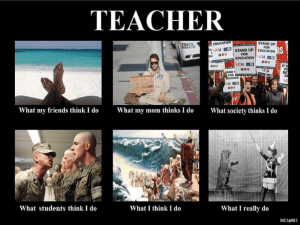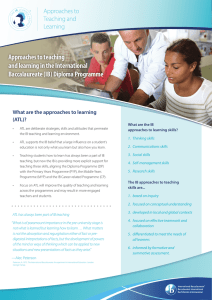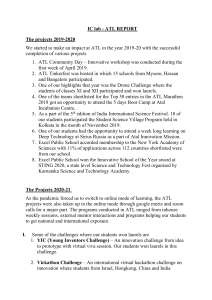File
advertisement
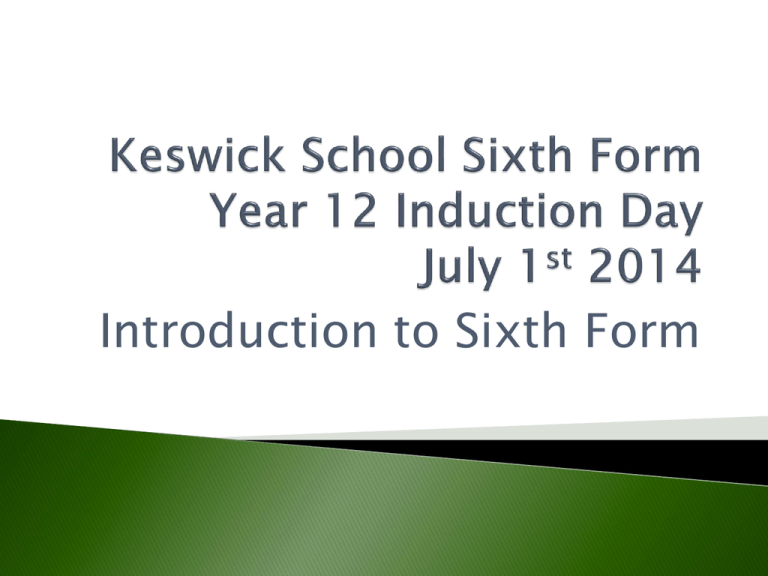
Introduction to Sixth Form More content Conceptually more challenging Faster pace and intensity (5 periods vs. 2 or 3) Greater depth of study More requirement for independent learning The pages in the planner Flipped lessons … or the importance of preparation Less onus on the teacher … more on the student A bridge to higher education and the world of work Taking things further: reading round; podcasts; personal research BANNED PHRASES: “I've done all my work” or “I haven't got anything to do” Organising yourself for study Practicalities: files, equipment, time for organisation Don't be surprised if you arrive to a lesson without equipment to be simply sent away again If you do not do the preparation work for a lesson you will be sent away too We shall record this if it happens and take action Simple level: note-taking and note-making (how? Linear? Mind-mapping?) Subject level: course units and components: separate files or separate sections. Contents pages, indexes and glossaries Time Management 4 subjects, each with 5 or 4 hours in class + the same again as independent study, weekly Weekly plan: stick to it You be in charge of the work don't let the work be in charge of you Short term targets: what am I going to achieve in this 40 minute slot? Developing good study skills Knowing yourself as a learner If you come into the Sixth Form from an ATL background of an average of 3.5 ATL we shall instigate some study support sessions early in September to help you make the transition. Once under way, we monitor regularly and expect ATL 3 to be the bare minimum If you average is 3 or below we shall take action to support your study If you have no subject in column E: One period a week will be EPQ or general studies; one period a week will be supervised private study Subject in column E: two periods a week supervised private study Other periods are left to you unless we decide you need to be supervised for private study during these periods also (e.g. dependent upon ATL) September 3rd – last period assembly Range of possibilities: sport, music, volunteering, drama, sports leaders, literacy leaders, subject clubs e.g. technology, The Student Speaker etc. etc. Start your own club or society (e.g. the Media Production Club) Negotiated Target Grades (NTGs): based on statistical analysis of your potential and set aspirationally Half-termly attainment grades and Attitude to Learning (ATL) scores The October Review Action and intervention Teachers: work in partnership with them Sixth Form Staff: your Form Head Sixth Form Staff: Learning Supervisors Mrs Challis and Mrs Thurrell Sixth Form Staff: Mr Hadfield and Miss Pattinson – 95% of visits to our offices are decided by the student Parents Your friends and colleagues: study groups BUSY Respect Your space BUT we can't justify its use if you abuse it. Study space expansion Wi-Fi, BYOD (see next slides) Ipods and mobiles Food and drink Tidiness Civilised behaviour BYOD means bringing your own permitted ICT device to school to use in lessons and private study. Teachers know BYOD is being rolled out to Years 12 and 13 Policy and application form in your information pack Also, an access scheme is being introduced in conjunction with Stone Computers: flier in your pack. Parents: Meeting to launch this Wednesday 10th September. This means you will pay monthly payments and own the device at the end of the contract period. Includes warranty and insurance. Will have all of our expectations in it so read it carefully when you get it Plus use the Independent Learning pages Use the planner to help plan your time at all levels from the long term to the short term Information – letters, forms needed etc. etc. News – via tweets and blogs Support – e.g. for UCAS and careers planning More information in September about this The Sixth Form Contract sets out what we expect from you and what you can expect from us. You need to consider it carefully. You and your parents are asked to sign it and your Form Head will sign it on behalf of the school. We shall keep a copy and you will receive a copy to keep. We shall check your results: if all fine (i.e. you got the grades which will enable you to move onto your chosen AS levels) then we do not need to see you If you NEED or WANT to change then please see one of us. If we’re busy come back later: the SFC will be staffed for the Thursday and the Friday If you do not make the five GCSE grades C and above you MUST see us If you do not make the requirement for a subject you need to see us If you have decided you are going elsewhere please tell us New Students: as already informed please let us know your results by phone or e-mail. Email is better. We shall confirm your place by phone or e-mail. If you need to talk to us please let us know: phone or e-mail or come and see us. Mr Hadfield's phone extension is 245. You must collect an information pack today: you must share the information with your parents Information about the 16-19 Bursaries is in the letter: financial support for those in need. If you think you qualify you need to pick up a form on the first day (September 3rd) Transport: the new situation for in-catchment buses
